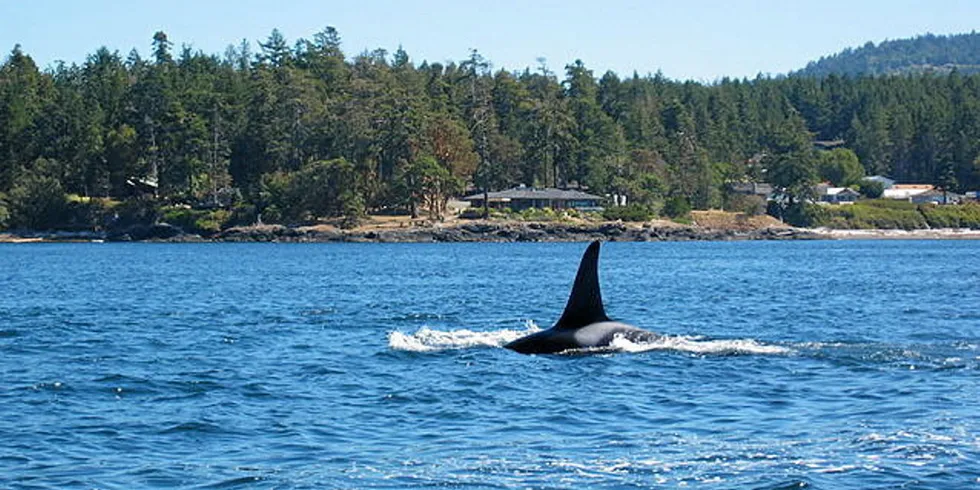Opponents line up to condemn lawsuit shuttering valuable Alaska king salmon fishery
A new ruling aimed at protecting endangered orca whales could put a critical Alaska fishery in jeopardy.

A new ruling aimed at protecting endangered orca whales could put a critical Alaska fishery in jeopardy.
